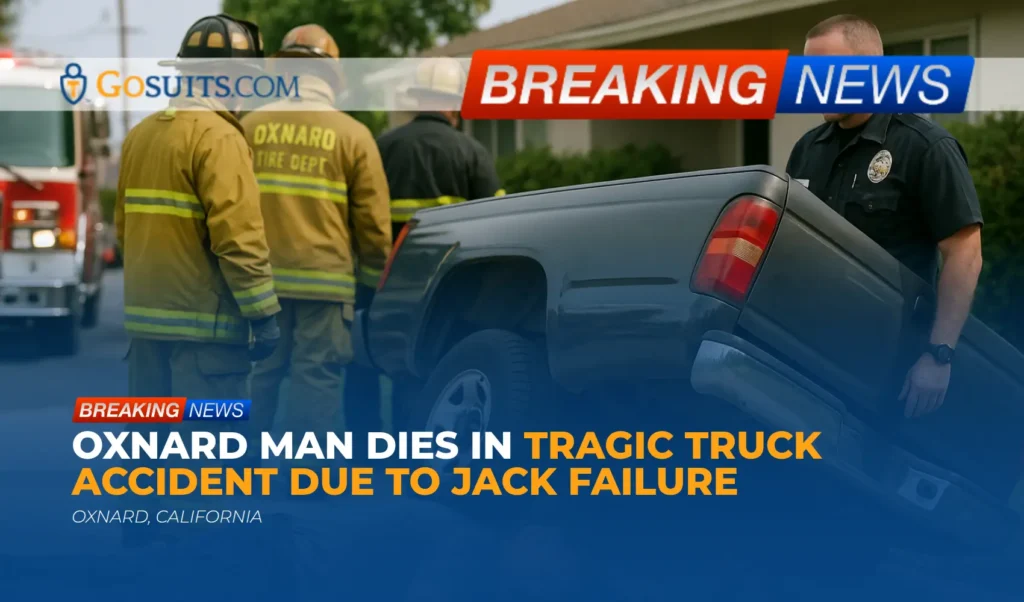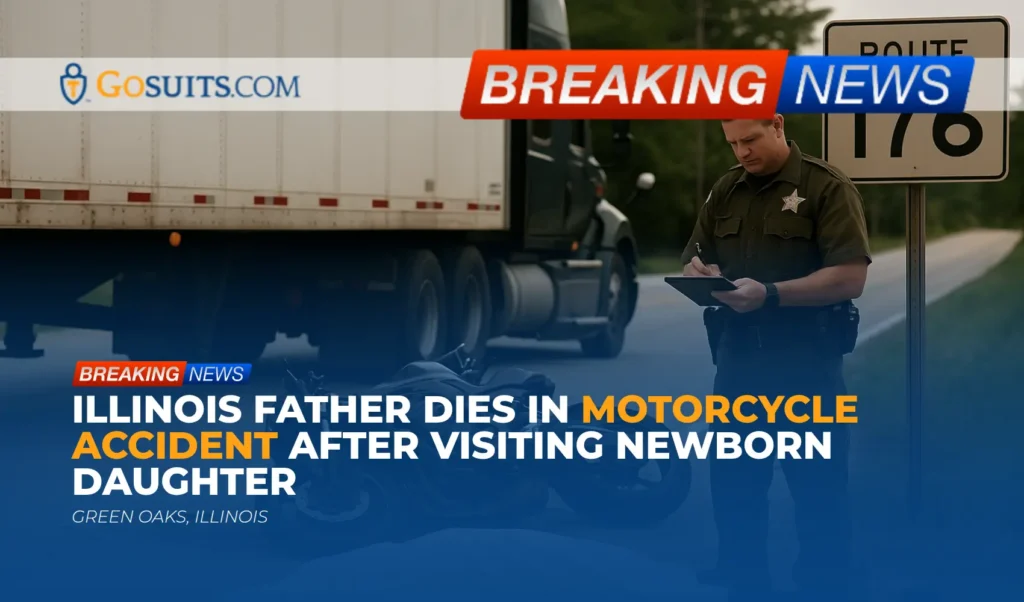A 28-year-old man from Kilgore, Texas, lost his life early Saturday morning following a single-vehicle collision on the Terry Bradshaw Passway in Shreveport, Louisiana. The incident occurred on August 2nd, just before 4:45 a.m., on the eastbound section of the highway at Linwood Avenue.
According to initial reports, the man, identified as Joshua Pyle, sustained severe injuries in the crash. Emergency responders transported him to a local hospital, where he succumbed to his injuries at 5:17 a.m. The circumstances surrounding the crash are currently under investigation, and authorities have ordered an autopsy.
Understanding Single-Vehicle Collisions and Potential Causes
Single-vehicle accidents, while seemingly straightforward, can often be complex events with various contributing factors. These types of collisions involve a single vehicle impacting a stationary object or losing control on the roadway, leading to potential injuries or, tragically, fatalities. Understanding the potential causes of these accidents is crucial for both prevention and legal consideration.
Several factors can contribute to single-vehicle crashes, ranging from driver-related issues to environmental conditions and vehicle malfunctions. Driver fatigue, for example, can significantly impair judgment and reaction time, increasing the risk of an accident, especially during early morning hours when alertness naturally dips. Driving under the influence of alcohol or drugs is another critical factor that severely affects a driver’s ability to safely operate a vehicle.
Distracted driving, which includes activities such as texting, talking on the phone, or adjusting vehicle controls, can also lead to a loss of focus and control. Speeding and reckless driving behaviors, such as aggressive lane changes or tailgating, can further heighten the likelihood of a collision, particularly on highways where speeds are higher.
Environmental conditions also play a substantial role in road safety. Inclement weather, such as rain, fog, or ice, can reduce visibility and make roads slippery, increasing the risk of skidding or losing control. Road hazards, like potholes, uneven surfaces, or debris, can also contribute to accidents if a driver cannot react in time or if the vehicle is significantly impacted.
Vehicle malfunctions, although less common, can also cause single-vehicle accidents. Tire blowouts, brake failures, or steering system issues can lead to a sudden loss of control, particularly at high speeds. Regular vehicle maintenance and inspections are essential to mitigate these risks.
Legal Considerations in Single-Vehicle Accidents
In the aftermath of a single-vehicle accident, a comprehensive investigation is crucial to determine the cause and potentially identify liable parties. While it may seem that these accidents only involve the driver, various external factors could contribute to the incident, leading to potential legal claims.
One area of investigation focuses on the condition of the roadway. Government entities responsible for road maintenance have a duty to ensure that roads are safe for travel. This includes addressing hazards such as potholes, inadequate signage, or dangerous road design. If negligence in maintaining safe road conditions contributed to the accident, a claim may be filed against the responsible entity.
Another potential area of inquiry involves the vehicle itself. If a manufacturing defect or faulty part caused the accident, the vehicle manufacturer or parts supplier could be held liable. In such cases, a product liability claim may be pursued, requiring thorough investigation and possibly expert testimony to establish the defect and its role in the accident.
Insurance coverage also plays a significant role in single-vehicle accidents. Even if the driver is at fault, their insurance policy may provide coverage for injuries and damages, depending on the policy terms and applicable laws. Additionally, uninsured or underinsured motorist coverage may come into play if another party’s negligence contributed to the accident but they lack adequate insurance.
Determining liability in single-vehicle accidents requires a detailed examination of all contributing factors, from driver behavior and vehicle condition to road maintenance and environmental influences. The legal process often involves gathering evidence, interviewing witnesses, and consulting with accident reconstruction experts to build a strong case.
Autopsies and Their Role in Accident Investigations
In cases involving fatal accidents, such as the tragic collision on Terry Bradshaw Passway, an autopsy is often ordered as part of the investigation. An autopsy is a comprehensive medical examination of a deceased person to determine the cause and manner of death. This procedure plays a crucial role in understanding the circumstances surrounding a death, particularly in cases of accidents or suspected foul play.
The primary purpose of an autopsy in an accident investigation is to identify any medical factors that might have contributed to the incident. This can include pre-existing health conditions, such as heart disease or seizures, which could have caused a sudden incapacitation leading to the accident. An autopsy can also detect the presence of alcohol or drugs in the deceased person’s system, which is critical in determining if impairment played a role in the crash.
Furthermore, an autopsy helps to document the extent and nature of injuries sustained in the accident. This information can be vital in reconstructing the sequence of events and understanding the forces involved in the collision. For instance, the pattern of injuries can provide clues about the direction of impact, the use of safety devices like seatbelts, and the potential severity of the crash.
The findings from an autopsy are considered official medical records and can be used as evidence in legal proceedings. This includes civil cases, where the cause of death and contributing factors are central to determining liability and damages. The autopsy report can provide objective evidence to support claims related to negligence, product liability, or other legal theories.
The Importance of Comprehensive Accident Investigations
The investigation into the Terry Bradshaw Passway collision highlights the importance of thorough accident investigations. Determining the exact sequence of events and the factors that contributed to the crash is essential for several reasons, including legal considerations, safety improvements, and preventing future incidents.
A comprehensive investigation typically involves several steps, including gathering evidence at the scene, interviewing witnesses, reviewing police reports, and examining vehicle data. Accident reconstruction experts may be called upon to analyze the physical evidence and recreate the events leading up to the collision. This can involve analyzing skid marks, vehicle damage, and other factors to determine speed, direction of travel, and points of impact.
In addition to the physical aspects of the investigation, it’s also crucial to consider human factors, such as driver fatigue, distraction, or impairment. Analyzing cell phone records, witness statements, and toxicology reports can help determine if these factors played a role in the accident.
The findings of the investigation can have significant implications for legal proceedings. If negligence is determined to be a contributing factor, those responsible may be held liable for damages, including medical expenses, lost wages, and pain and suffering. The investigation also serves to inform safety improvements, such as road design modifications, enhanced signage, or changes in traffic regulations.
By understanding the root causes of accidents, authorities can implement measures to prevent similar incidents from occurring in the future. This may involve public awareness campaigns, stricter enforcement of traffic laws, or improvements in vehicle safety technology.
Commentary from Gosuits Shreveport, Louisiana Personal Injury Attorney
The tragic loss of life in the recent collision on Terry Bradshaw Passway underscores the potential for severe consequences on our roadways. While the investigation is ongoing, it’s important to remember that accidents often result from a combination of factors. Families who have lost loved ones in traffic collisions often face not only emotional devastation but also significant financial burdens. Navigating the legal aftermath of such an event can be overwhelming, and understanding your rights and options is essential. It is imperative to seek counsel to understand all avenues of recourse.





